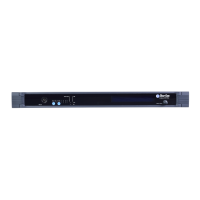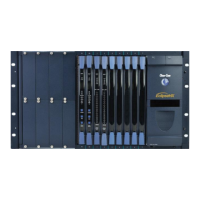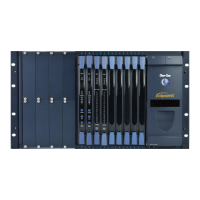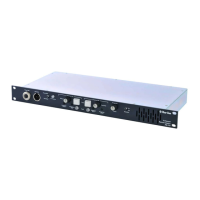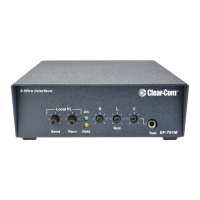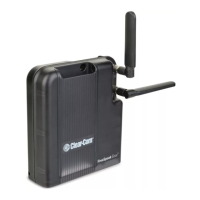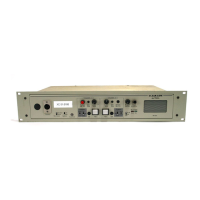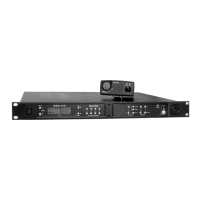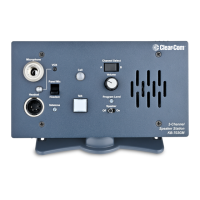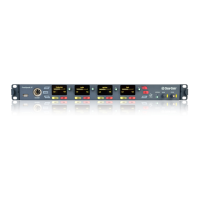User Guide | Eclipse HX-Delta
Interruptible Foldback. The term foldback refers to
sending program audio / feed, or some other audio
mix, back to announcers while they are on the air.
Doing so allows announcers to monitor themselves,
other announcers, videotapes of commercials, or some
mix of sources, while they on the air. This is typically
found in television news and live broadcast events.
Announcers typically wear a small ear piece so they
can hear the selected foldback audio mix. When a
director wants to give directions to an announcer on
air, or to announce changes in the program, the
director must interrupt the foldback. To do this, the
director uses a channel specifically set up to interrupt
the foldback audio.
A piece of electronic hardware designed to convert the
four-wire signals of a central matrix port to some other
form of communication, such as 2-wire partyline,
telephone, etc. The interface module is connected to a
central matrix port. The external non-four-wire device
is then connected to the interface module.
The i-Series is a family of Eclipse HX-supported user
panels.
The series includes two display stations, two non-
display stations, two expansion panels, and a level-
control panel.
Eclipse HX also supports V-Series panels (see below).
The ISO function, short for panel ISOlation, allows a
panel operator to call a destination and interrupt all of
that destination’s other audio paths and establish a
private conversation. When the call is completed the
destination’s audio pathways are restored to their
original state before the interruption.
KeyGroups provide a way of assigning a label to
multiple panels simultaneously even within a
networked matrix system. Once the KeyGroups have
been defined using EHX, all the keys within a
KeyGroup can be changed with a single assignment in
Production Maestro (Pro mode only).
A label is an alphanumeric name of up to five
characters that identifies a source, destination, or
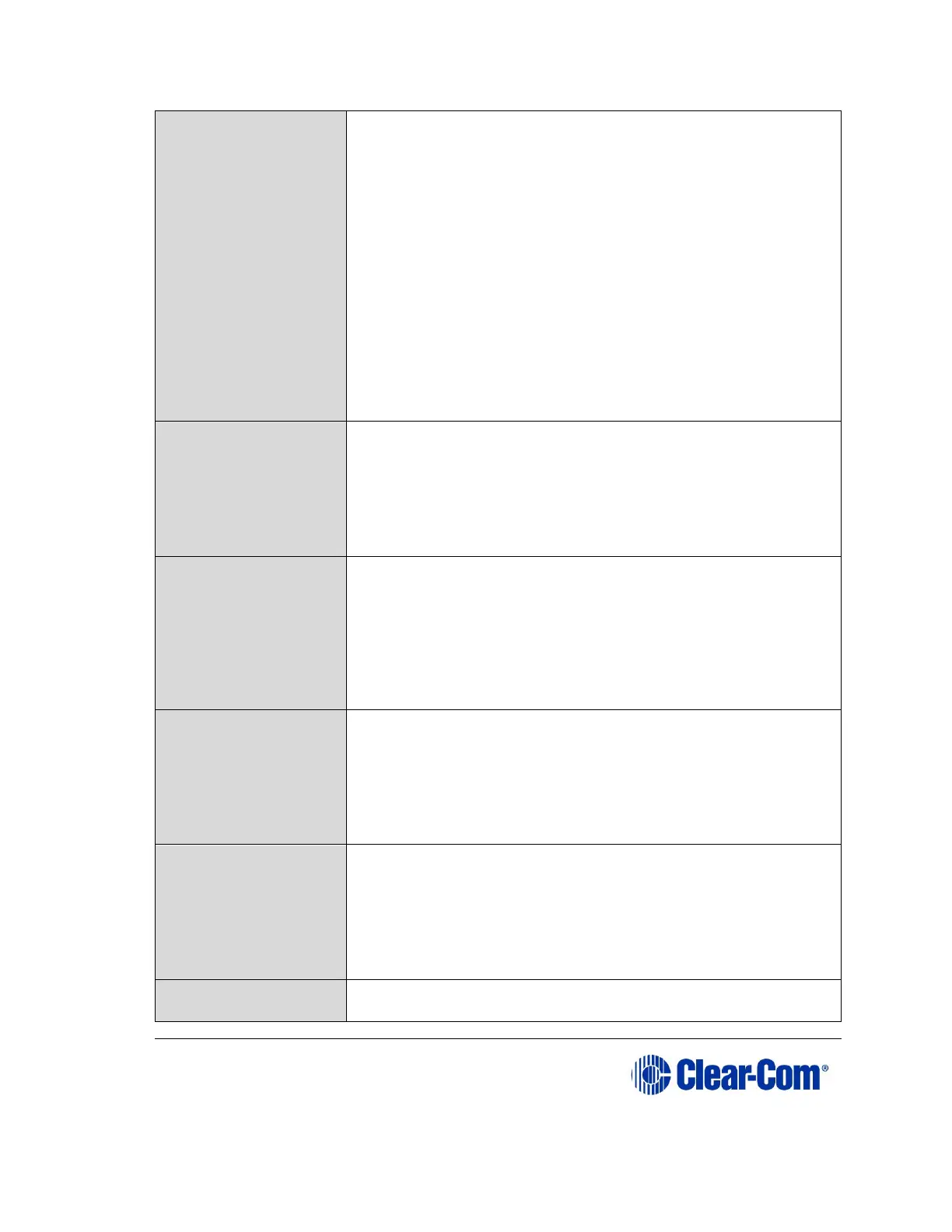